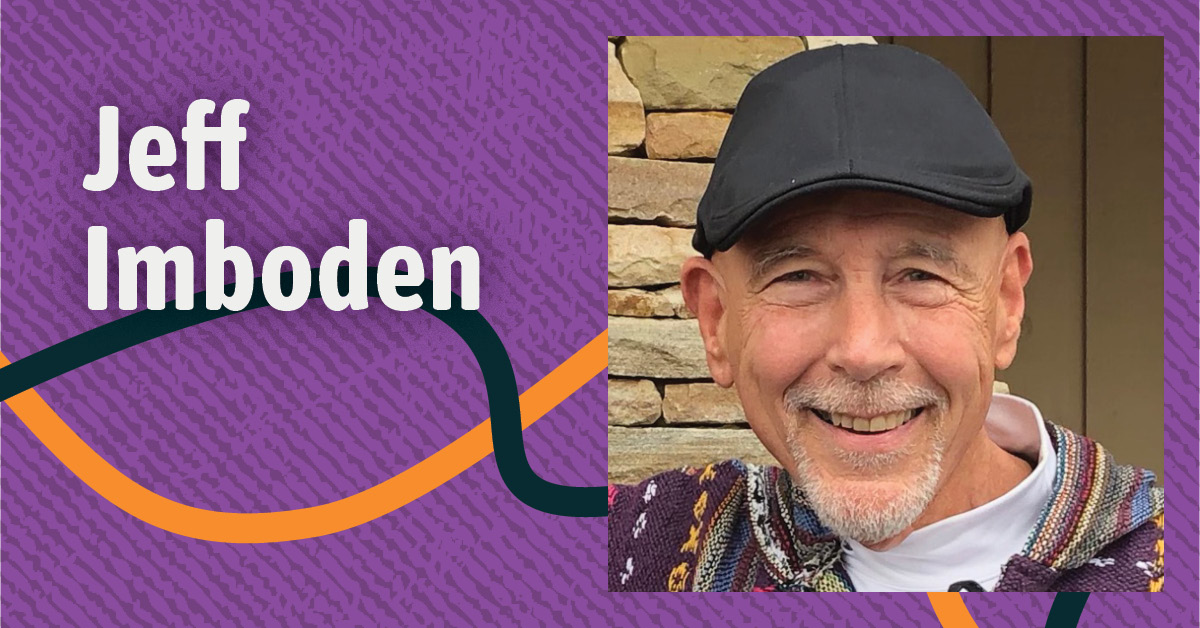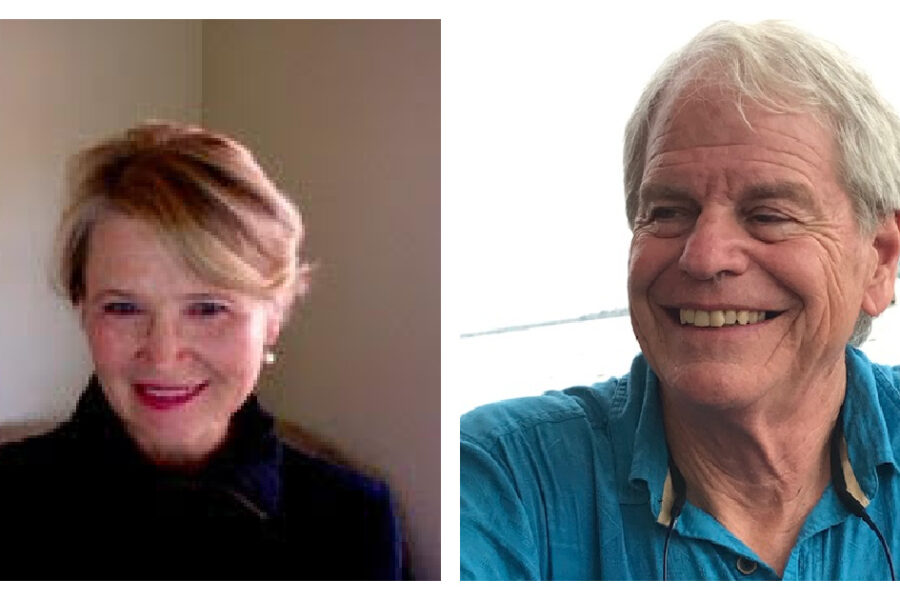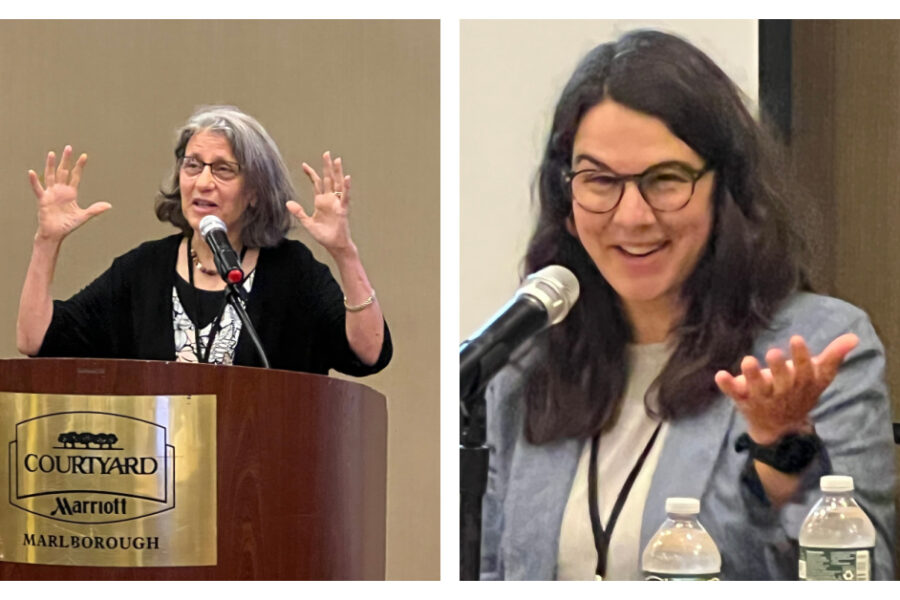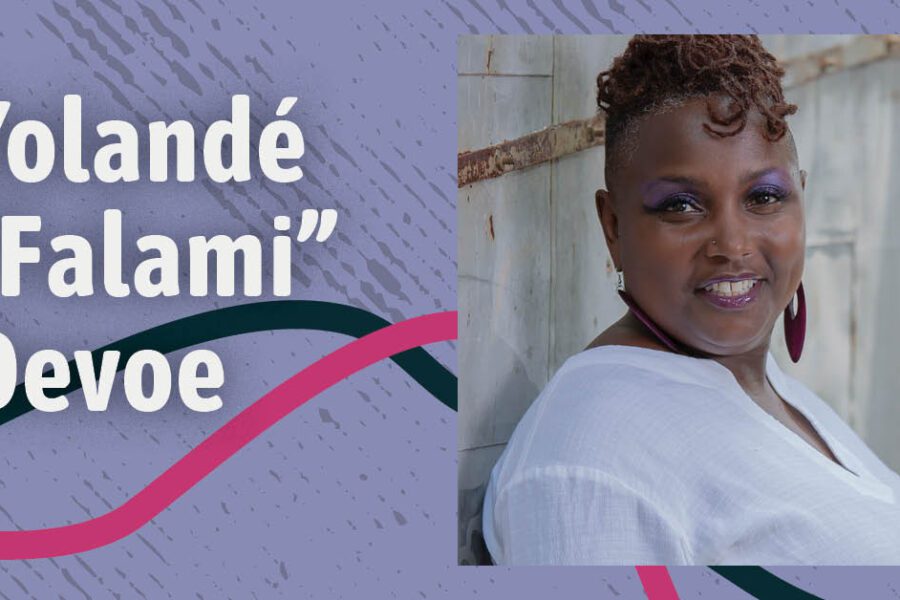We recently caught up with Jeff Imboden, an alum of Antioch New England. He graduated with his MA in Teaching in 1975 and applied it to his career as a Parole Officer. A retired member of the Commonwealth of Pennsylvania Board of Probation and Parole Central Office, he focuses on community betterment and empathy. Read on to learn more about his work.
You graduated with an MA in Teaching from Antioch New England back in 1975. How has that degree and your studies at Antioch influenced your work as a Parole Officer?
Antioch New England was a follow up to my two years in Volunteers In Service To America, VISTA, where I worked in the Hispanic community in Cleveland, Ohio. Both of these experiences provided the foundation for my eventual career in law enforcement. Antioch challenged me to think outside the box and question my core beliefs based on my very sheltered background. Being exposed to people whose experiences were totally different than mine was sobering and yet incredibly rewarding. Both the students and staff were incredibly genuine and supportive.
As a parole agent, I worked in vastly different environments and with a very diverse population. VISTA and Antioch helped me immensely in approaching this challenging population with more empathy and understanding. To successfully work with criminals you must first understand why they are “criminals”.
What stands out to you most when you reflect on your time as a student at Antioch? And do you have any stories from that time that you’d like to share?
The educational philosophy of Antioch is incredibly unique, relying more on hands-on experience than books and lectures. I learned so much from the other students at the school who were coming from all walks of life and were willing to openly share their ideas and their trials and tribulations. I spent an entire school year at a High School in Hanover, New Hampshire in an Alternative Ed Program geared to work with “problem” students. I still maintain contact with my mentor teacher who had a profound influence on me. At Antioch I took an Outward Bound course that I then utilized with my High School students with great success.
Why did you choose to enter law enforcement as your career? Has it been challenging and/or rewarding?
Being a parole agent combined three careers that I had been interested in: lawyer, cop, and teacher. As an agent you get to be all three. Working the streets became a craving. There’s a saying, “You’re either all in, or you’re not in at all.” Obviously working with criminals is not a nine to five job. The career was both emotionally draining yet incredibly satisfying. In retrospect, I ended the career bruised and scarred but also cognizant of the beauty of life and comfortable with my contributions to it. I was nominated three times in Pennsylvania as Parole Agent of the Year. But more satisfying was to have the offenders I supervised, and sometimes arrested, give me respect and sometimes a “Thanks man for your help.”
You’ve taught the course “Street Survival” for over thirty years. In what venue did you teach this course? What are the biggest things that you’ve learned from formerly incarcerated individuals?
I taught the Street Survival course at the Pennsylvania Basic Training Academy for all new probation and parole agents. One thing I tried to drive home to the rookies was that they’ll learn more about the job from the offenders they work with than any course or books. However, only if they can earn the respect of the offenders they are empowered to work with. As a Parole Board Member, I interviewed thousands of gang members and learned so much from them. But only after establishing a mutual respect line of communication. They certainly are very good at determining who walks the walk as opposed to who talks the talk. Offenders are very misunderstood by the general population. Again, Antioch taught me not to judge a book by its cover.
Being a Parole Officer is an important role in our society—but also one with some prominent examples of abuse. How do you see your work contributing to creating a more just society? And do you feel like there are any aspects of your profession that the public should know more about?
A great question that deserves several answers. Social media and mobile phones have taken policing into a far different world. Police brutality has gone on for years but under the radar. Overwhelmingly most police officers are brave and dedicated servants who perform an incredibly challenging and at times paralyzingly depressing job with a professional demeanor and approach. Unfortunately politics too often influences the profession and the pendulum swings to extremes. The “get tough on crime” approach is passed down to police and parole and influences their policies. But when prison overcrowding is the end result then the political push is to forgive and forget and unfortunately some very dangerous people who are either unprepared or unwilling to adjust are released.
Rise of The Warrior Cop by Radley Balko is an excellent book that eloquently talks about the radical shift in police tactics and the militarization of America’s police forces. For thirty years I taught a humane and balanced approach to working with criminals that was tough but fair, focusing on the ability to be empathetic but to also hold people accountable for their behavior. The system’s success is based on giving criminals the tools, the understanding, the support, and the motivation to change their core beliefs, and thus their lives. Racial inequality, poverty, addiction and abuse are all quantifying factors influencing this population. The general public has no idea how difficult it is to overcome these obstacles. Those that have are heroes in my book.





